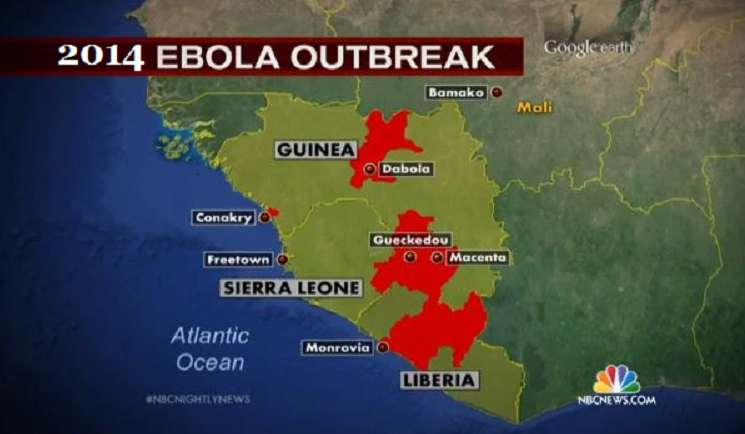 |
| The IIHA's Alexander van Tulleken M.D. |
Whether through its International
Diploma in Humanitarian Assistance for those already in the field, or its undergraduate or master’s
degree program for those who hope to work in the field, the goal of Fordham’s Institute for International Humanitarian Affairs is a serious one.
The institute aims to “educate a humanitarian workforce that
will break the pattern of familiar mistakes,” such as paternalism,
marginalization, or a top-down manner of doing things that hinders rather than
helps.
In 2010, IIHA’s founding director, Kevin Cahill, M.D., a tropical disease expert and veteran of humanitarian missions in 60 countries, told FORDHAM
magazine that establishing
professional standards is crucial because without sufficient training, relief
workers might unintentionally prolong a conflict or inflame local tensions.
Rushing in with nothing more than compassion and good intentions, humanitarian
workers will almost certainly repeat the same destabilizing mistakes as their
predecessors, Cahill said.
In recent days, the public has seen the IIHA’s pedagogy in practice through Alexander van Tulleken, M.D., IIHA's Helen Hamlyn Senior Fellow. who
has been a mainstay in the media during the current Ebola epidemic. Van Tulleken has done countless interviews since the news
about the ebola epidemic caught fire in the Western media, and more so when the
first case of Ebola was diagnosed in the United States on Sept. 30.
On Oct. 3, when CNN’s Ashleigh Banfield asked van Tulleken about the four people close to the Texas man diagnosed with Ebola, who are now being forcibly quarantined in a Dallas apartment, he espoused the Jesuit value of homines pro aliis (men and women for others):
“You get a sense of the lack of humanity at the way they’re
treating this family. You feel it’s not a nice way of dealing with it,” van
Tulleken said. “You want to is make it easy for that family. They need someone
bringing them food, they need someone bringing them linen. They need a
task force of people making it easy for them to stay at home.
“The reason I say it’s sinister when you hear about the
legal enforcement [is because] when that’s the main tool, that isn’t going to
work for large numbers of people, and that’s what worries me.”
Van Tulleken also appeared on MSNBC’s Morning Joe. (Watch here.)
Follow Fordham’s
YouTube account to keep up with his media appearances. And learn more about
the IIHA here.
-Gina Vergel








